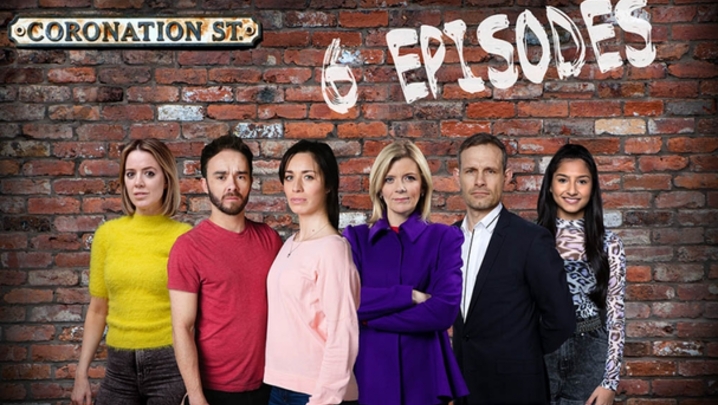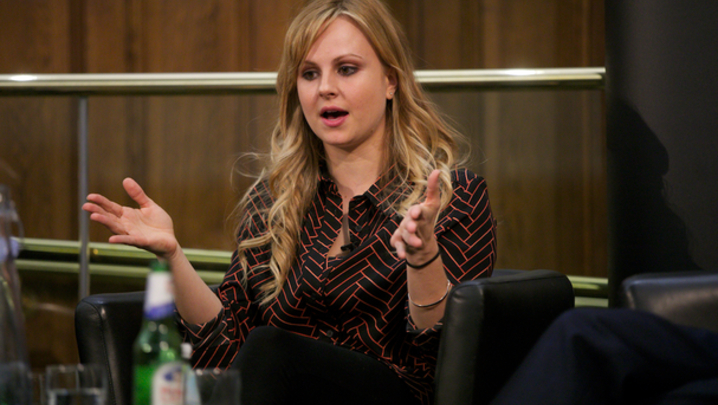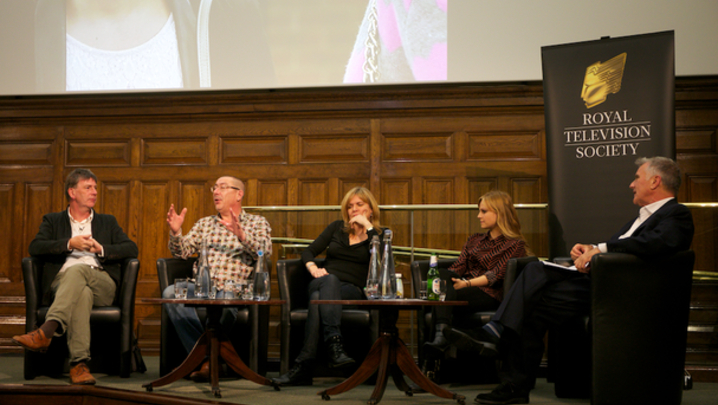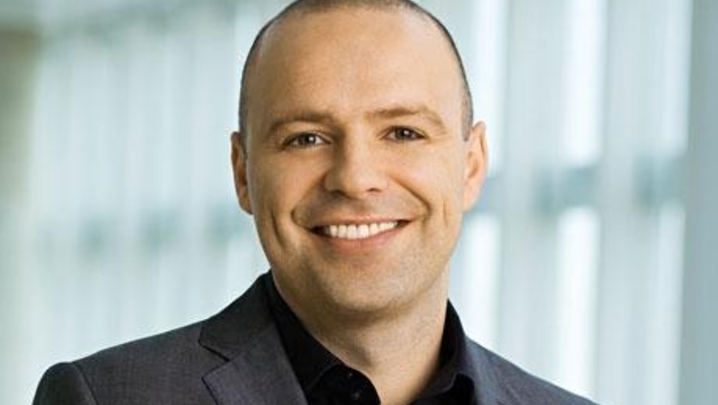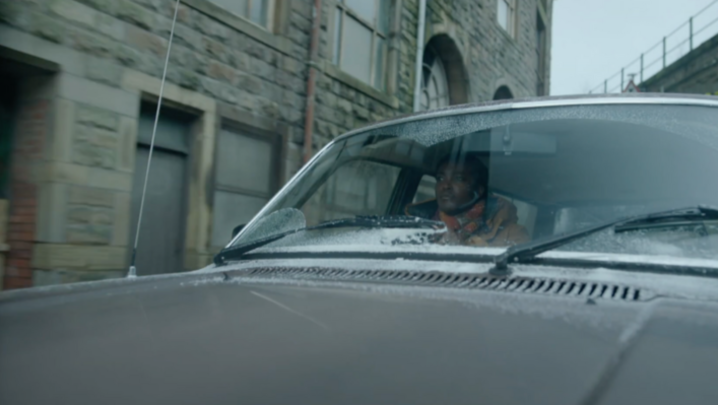TV executives have revealed how it was essential to create safe working environments and so allay people’s fears about returning to work in a world threatened by coronavirus.
“The biggest issue when we started gearing up to re-start production about six weeks ago was fear,” said John Whiston, who as ITV’s managing director of continuing drama is responsible for running flagship soaps Coronation Street and Emmerdale.
He said that production staff and talent needed reassuring after being isolated at home watching news coverage of the pandemic every night for weeks.
The new producers’ guidelines, devised by PACT in collaboration with broadcasters, on how to produce in a socially distanced environment, were a big help, Whiston stressed.
He added: “The other bit of reassurance was getting ITV’s unofficial doctor, Paul Litchfield, to do Zoom calls with all our crews and cast.
“They could ask any question they wanted, however naïve…As an exercise to get people back in the building and make them feel okay it was really helpful.”
“They’ve been saying ‘Work and home are the two safe places in the world.’ That’s how we need to keep it.”
Whiston was speaking at an RTS webinar, Back in production – unlocking the TV production industry in a Covid-19 world.
His thoughts were echoed by other speakers at the event. Susan King, head of production at Remarkable, makers of Channel 4’s Sunday Brunch, said: “A lot of people are desperate to get back to work. It is important for everyone’s well-being but, interestingly, some people are still very nervous.
“People are happy once they get to the office. They know the office is going to be very well set up, with all sorts of measures and protocols in place.
“But they are nervous about using public transport in London and other big cities. We’re spending more money - do we use private transport to travel to productions – to ensure they are comfortable.”
Clare Pizey, executive producer of Top Gear, said that for staff who live by themselves it was important for them to return to work as soon as possible. Their employers needed to be aware and sensitive to any stress they were experiencing.
“It’s been really tough for some of our younger members on Top Gear,” she said.
John McVay, CEO of PACT, told the RTS that the extra costs such as medical checks and longer production schedules involved in making TV in the world of Covid-19 added on average between 10-30% to production budgets.
He said: “Indies where margins are already slim trying to soak up those additional costs…is a bit of a challenge. That may change with new health and safety guidance but that is what the initial analysis is looking like.”
Coronation Street resumed production earlier this month after going dark for the first time in almost 60 years due to the pandemic.
Whiston said he hoped that enough new episodes would be produced for ITV to resume broadcasting six weekly episodes this autumn.
Regarding the new production regime, he explained that four watchwords had been introduced – Keep Your Distance, Keep in Groups, Keep it Simple and Keep Away.
He added: “I’m a 100% happy that we’re still on air and that people have got jobs and are still going at it. That’s what makes me happiest.”
With scripts and shooting schedules streamlined to enable everyone to keep apart on set – and a ban on location filming - Corrie could no longer embellish storylines as much as it used to.
Expensive stunts filmed outside were out of the question for now, but they would return.
The skills of the actors, however, remained paramount. “What we rely on is people having a go at each other, in a nice or nasty way,” he said. “That’s what classic soap actors in the Street and Emmerdale do.”
As for the new no kissing rule in Corrie, Whiston said “that a lot had to be done with smouldering eyes rather than touching.”
Back in production – unlocking the TV production industry in a Covid-19 world was an RTS webinar held on June 17. It was chaired by Broadcast deputy editor, Alex Farber. The producers were Tessa Matchett, head of press, ITV Studios, and Sarah Booth, director of communications, Endemol Shine UK. A full report will be published in the July edition of Television.



